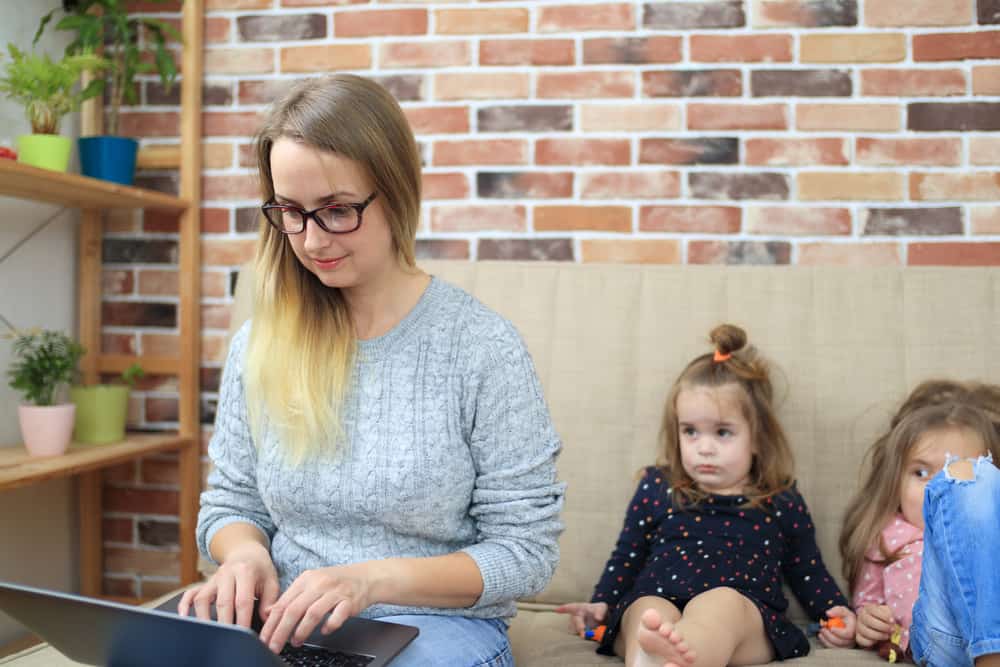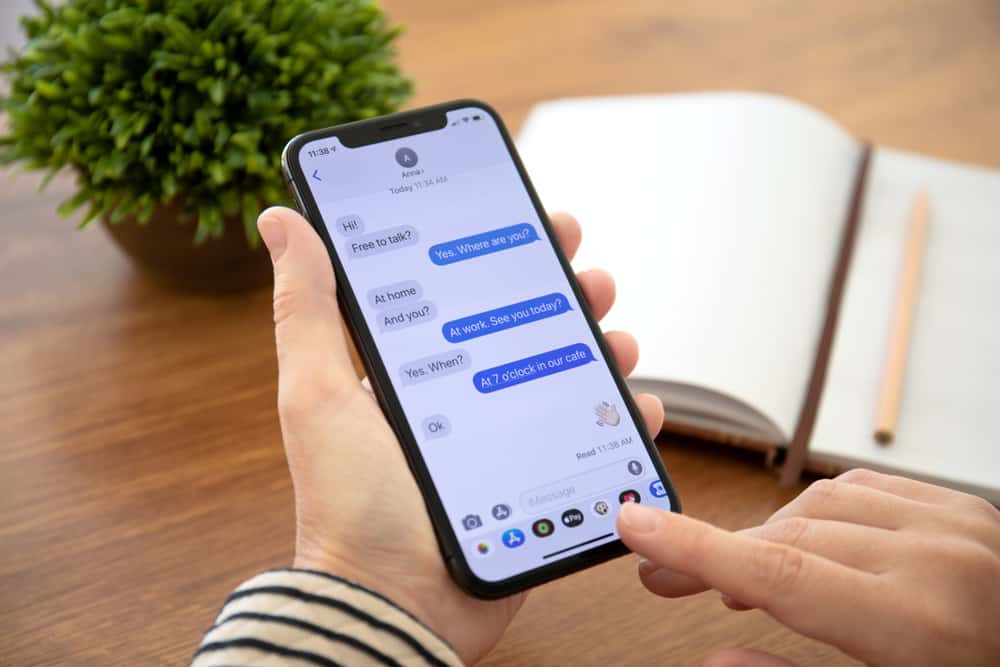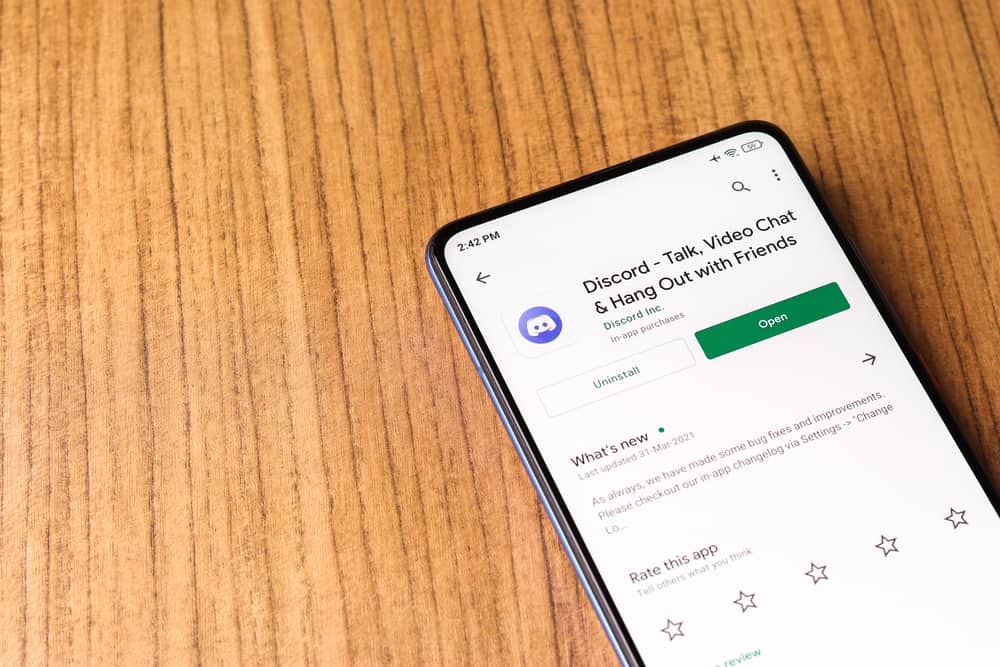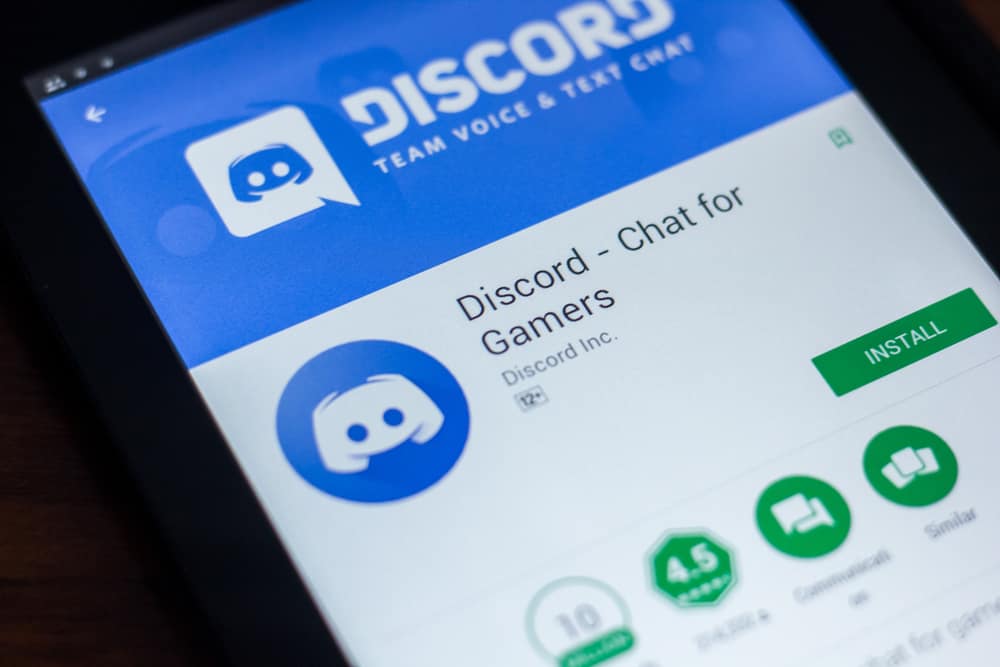
Discord is a social media platform launched in 2015. Its main objective was to create an online space where communities of gamers and software developers could hang out and share information about their respective fields.
Over the last few years, Discord has grown to accommodate more communities and is currently a favorite of several niche groups, including artists, technology, social media influencers, and many more.
Discord is also popular with younger people, including teenagers, as it has a native chat and video communication features that enable people to connect with friends.
If you’re a parent whose child wants or is already using Discord, you may be wondering what factors you need to be aware of about this app.
The first is Discord has a user age restriction of 13 years, as do most social media apps. If your child is below 13 years, it would be best to prevent them from using this app. Note that Discord doesn’t verify the user’s age during sign-up. Another thing parents need to know is Discord is a user-content-generated platform. Meaning content on the platform comes from its users. There’s a high potential for exposure to inappropriate content, mainly if the minor joins servers with adult members.
If you’re a parent struggling to understand Discord and whether it’s an appropriate platform for your child, read this post to the end.
How Does Discord Work?
Discord is a VoIP app that uses community systems called servers. After signing up, users create servers in a specific niche, for example, gaming or art, then invite other members to join. Most servers have a small private membership, but others are public, with thousands of members.
To join a private server, a member or its admin needs to share the link. Joining a public server, on the other hand, is relatively easy. You can use the Discord app to explore public communities and websites or check online boards where public Discord server admins post invitation links.
After joining a specific server, users will use voice or text to communicate with other server members. Information shared on a server usually depends on the objective of the community.
However, there are instances where members can post additional information besides what the server was created for. As noted earlier, there’s a risk of exposure to inappropriate content should a minor join a server with most of its members being adults.
Is Discord Safe for Minors?
Many social media apps, including Discord, are currently struggling with the infiltration of online scammers and hackers on their platforms. This means there’s a risk of encountering ill-intentioned people when using the app.
Discord counters these risks by monitoring users and servers closely and implementing policy and community guidelines. Servers also have their independent rules and administrators and moderators to enforce them.
To ensure your child is protected from predators, it’s best to caution them from joining public servers. Instead, they can create or join private servers and invite known friends and family members.
Additionally, it’s crucial to warn them against sending or replying to DMs from strangers, as predators could use DMs as bait to collect personal information to harm them.
Does Discord Have Privacy Settings?
Discord has several privacy settings, including one parents can use to ensure their minors don’t receive direct messages containing explicit content.
This feature is called “Safe Direct Messaging.” It scans and deletes DMs with inappropriate content. Unfortunately, it only applies to DMs and not content in channels or servers.
Other privacy settings parents can utilize include preventing direct messages from server members and enabling age-restricted commands from apps in direct messages.
You can also prevent members of servers you don’t know from sending direct messages. All these privacy settings are meant to ensure Discord is a safe and interactive space for minors and prevent the consumption of harmful content.
Regarding privacy, parents may also wonder if Discord has a parental control feature besides the privacy settings. Unfortunately, it doesn’t. Parents can’t password-protect or restrict content within the app.
The only other option is to monitor servers your minor is a member of and ensure they have policy guidelines advocating for banning members who flaunt the rules.
What Kind of Content Can Minor Consume on Discord?
As explained above, Discord now accommodates all types of communities, including artists, tech groups, music lovers, and many more. The kind of content your minor can indulge in depends on their interests and your ability to regulate exposure.
For example, if your child enjoys gaming, Discord has several gaming communities your child could join. Most have admins and moderators who control server content and ensure members don’t share inappropriate content. Unfortunately, there’s no guarantee your child is protected from this information.
Alternatively, parents can ensure minors create and join private servers, even for niche areas like gaming. They can also join age-appropriate servers where most members are within their age groups, so there’s less risk of encountering harmful content.
It’s vital to note that minors can use Discord for other things besides joining communities and groups. If they have friends and loved ones on the app, they can use it to communicate and share photos and videos for fun.
There are also several fun communities like art, music, and memes that minors could join. Parents should monitor their child’s Discord use to ensure they use the app responsibly.
Summary
If your child wishes to use or is already using Discord, it’s essential to familiarize yourself with the app, so you understand the potential risks. The first thing to note is Discord’s age recommendation for joining the app is 13 years.
However, it doesn’t verify age during sign-up. It’s also vital to note that Discord doesn’t have a parental control function but has several privacy features parents can use to reduce the chances of a child’s exposure to explicit content.











